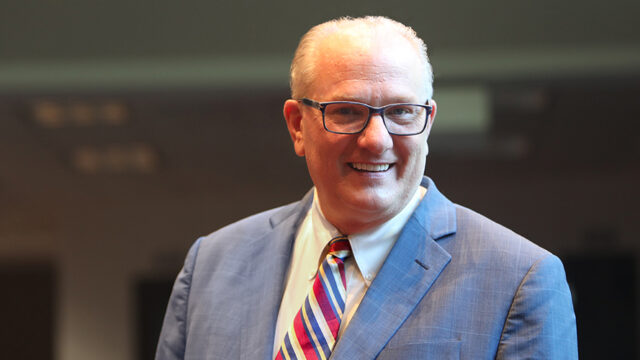Two volunteer students from Chile share about their missionary adventure in Africa.
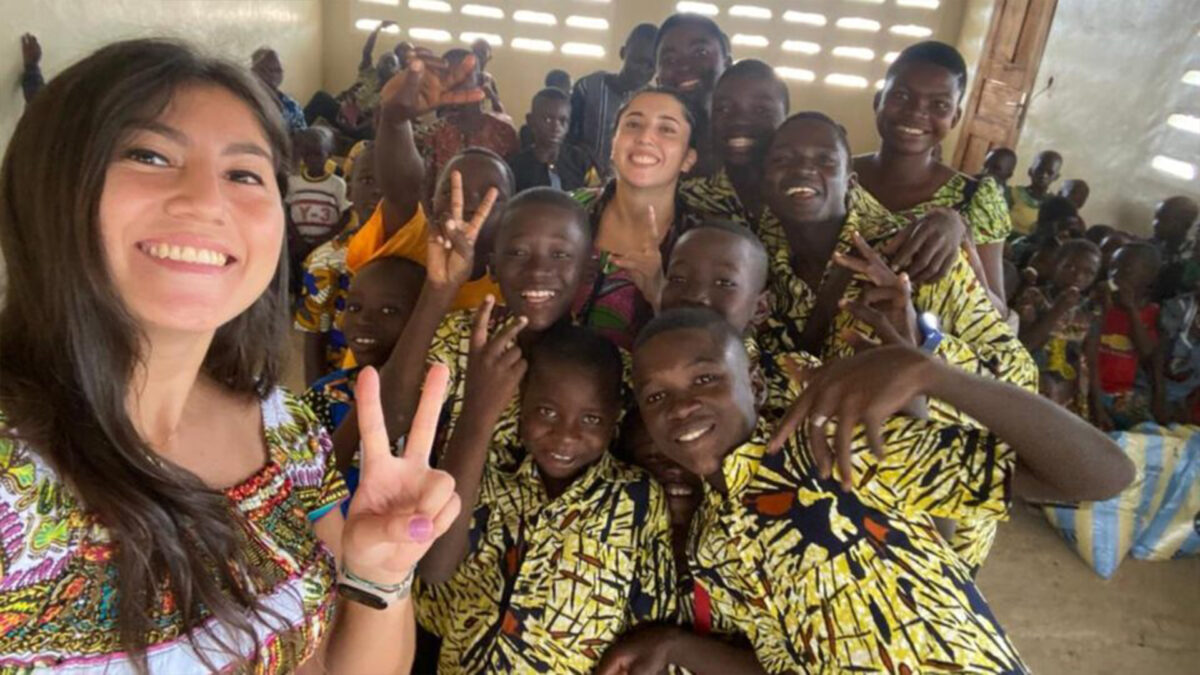
More than sixty families found a helping hand in two young missionaries from Chile during the 14 months they spent in Togo, in West Africa.
Ángela Martínez and Francisca Bustamante, both from the city of Concepción, Chile, traveled to Togo in November 2020, fulfilling a dream of being the hands and the voice of Jesus in a foreign land.
Togo is one of the smallest countries in Africa, and most of its inhabitants live under the poverty line. Ángela and Francisca went to Togo to support the Dental Unit of the Glei Adventist Eye Hospital there. They also found their mission in sponsoring local children, with the support of people from Chile who joined them in that mission of love.
“It was not easy to get to Togo,” Francisca says. “At every border control there seemed to be a problem. But we knew that all was in God’s hands. If we made it, it is just because it was part of His plans for us.”
Serving in Togo
In Togo, Ángela and Francisca faced a number of challenges, including the ability to communicate fluently. Although French is the official language, there is a diversity of languages and dialects, spoken by a diversity of ethnic groups.
The Dental Unit where Ángela and Francisca served is in Glei, a rural area three hours’ drive from Lomé, the capital city. Before the trip, both of them collected donations of dental supplies from friends and institutions. It turned out to be providential, because when they arrived at the hospital, they realized that everything they had brought was much needed in their place of service. Besides their regular work, both conducted workshops on oral health and hygiene, directed especially to children.
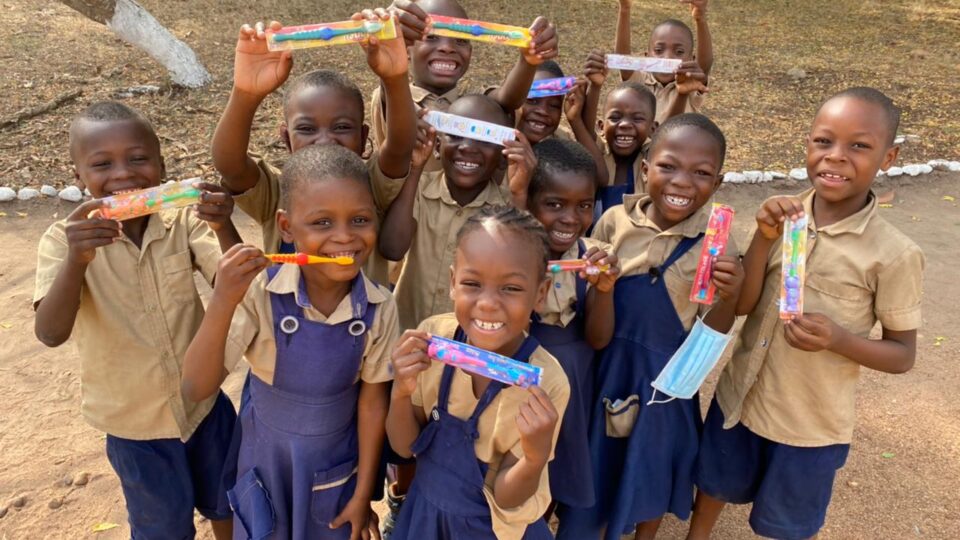
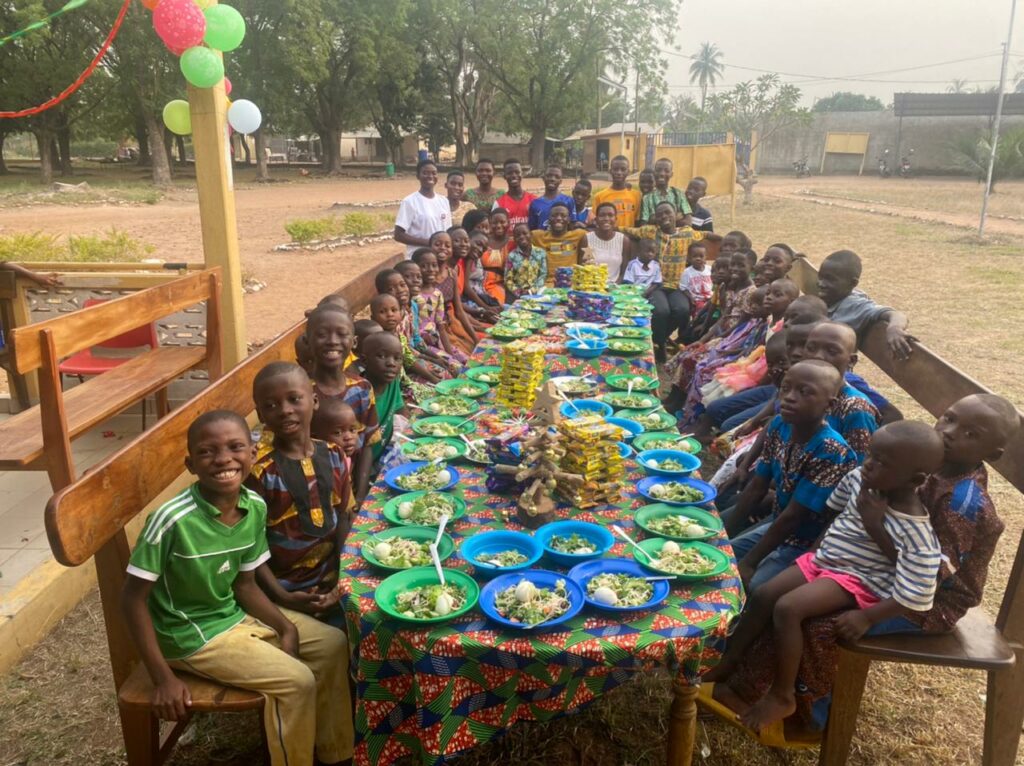
The language barrier was overcome thanks to Benoit, a dental assistant who speaks Spanish, French, English, and several local dialects. Benoit’s willingness to serve and his heart for mission were essential, they said.
Ángela and Francisca also decided to support the Kpalapkue Adventist church, a thirty-minute walk from the hospital through rugged terrain. In that church, they organized the Sabbath school and worship services. The church also began to include young ones through children’s Sabbath school and children’s praise at worship, Ángela and Francisca reported.
Sponsoring Children
In Togo, children know little about playing, going to school, or celebrating Christmas and birthdays. Many children have to work to support their families.
Such a dire situation was a motivation for Ángela and Francisca to get children involved in various opportunities and activities. The young dental assistants invited a group of children to help them clean the hospital and paid them for it. Before starting to clean, all of them had breakfast together and, at noon, they stopped for lunch. Besides paying the children some money for their work, once a month the volunteers gave them a box with basic food items to take home.
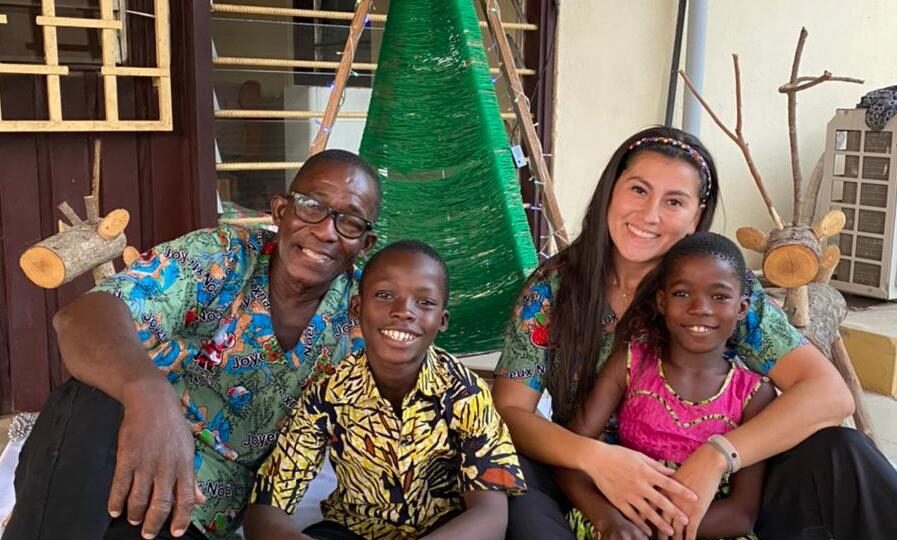
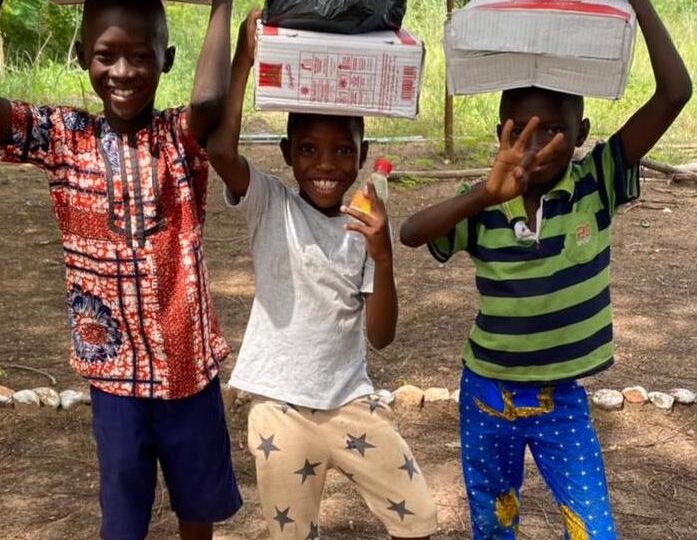
Ángela and Francisca also developed the idea of sponsoring children. With the help of friends from Chile, they began to provide for schooling, basic food items, and recreation. “We began with nine kids, then we reached 12, 20… now we have 65,” Francisca says. “They are our children, our family. When they had a problem, we ran to help them.”
God Multiplied Resources
Every activity has a cost, but “God multiplied resources,” Francisca says. Besides friends and family, “there were people we had never met who trusted what we were doing and decided to support us.”
When Christmastime arrived, Ángela and Francisca organized a program to teach children the true meaning of the celebration. For many of them, it was their first Christmas and the first time they received a simple gift.
For leaders of Adventist Volunteer Services (AVS) in the South American Division, practical actions of love and selfless service such as the ones Ángela and Francisca carried out in Togo are the reflection of a life with Christ. “That is the purpose of being missionaries, preaching with deeds and words the gospel of Jesus,” they said.
The original version of this story was posted on the South American Division Spanish-language news site.



